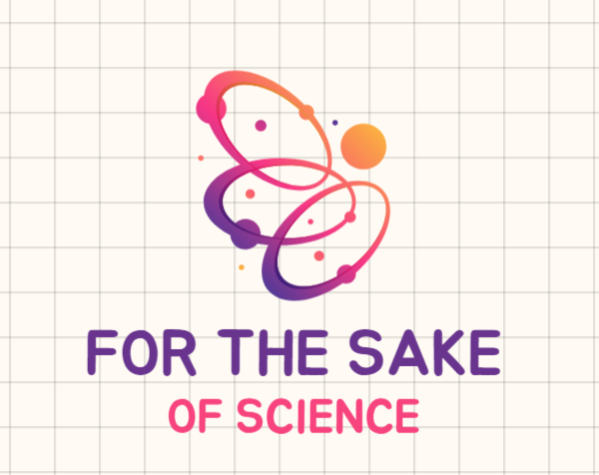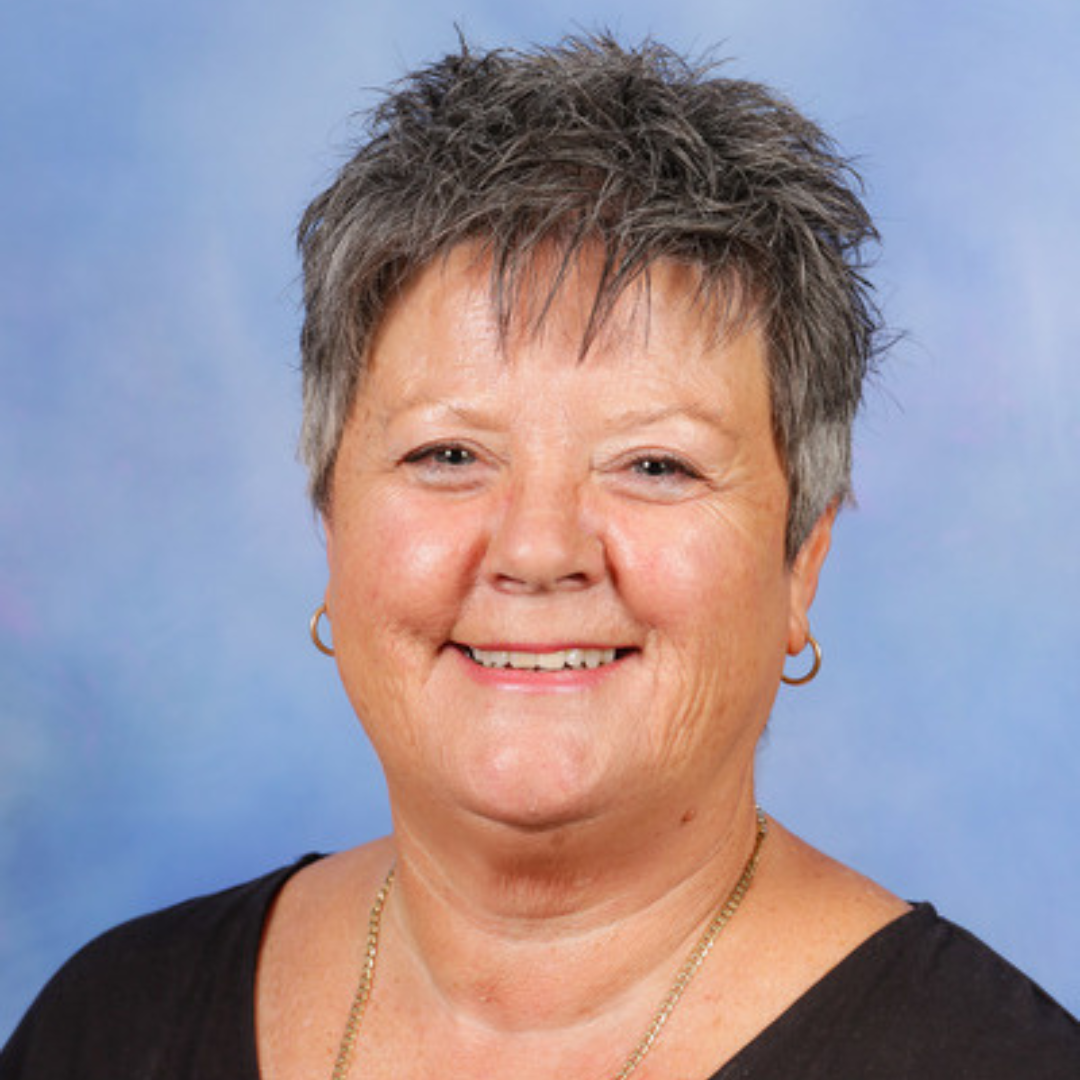
Talking About Online Respect
One of the most challenging parenting spheres to navigate can be that of the online world.
With young people engaging sometimes constantly with their peers, as well as others they don’t know – and well on platforms we may not be familiar with, it is natural that this is a space that causes some anxiety – and that may create issues we will need to deal with at different times over the space of childhood and teenage years.
While there are many conversations to be had in this field, today I want to focus on showing respect online – both towards ourselves and towards others.
When bullying or harassment occurs online it can be especially troubling for the victims as there is a sense that there is no safe place – outside of school, the sporting club or even the workplace, mean words can follow us. None of us are immune from this. As a society, kinder behavior online should be a widespread goal.
Words and other media shared online – offhand comments, unappealing pictures and memes – often tend to be careless and we are less thoughtful about their impact on others as we cannot physically see their reaction or accurately read the social situation. Sometimes, a comment we may have felt we have shared privately can be screenshot and shared with someone who we never expected to see it. The social dynamics become more fluid – and for gamers especially the line between ‘banter’ and ‘bullying’ may not be clear.
As parents, we do have things at our disposal to assist us to discuss this issue with young people.
Firstly, we need to talk to all of our young people about respect – and how it is just as important online as it is face-to-face. This should be a natural extension of conversations you are no doubt already having at home in regards to these issues.
These might be some useful discussion points with your young person:
- Words have tremendous power to hurt – we need to be mindful of every word we apply to a person. And be aware that nasty words get back to the person we spoke about, one way or another. How would you feel if those words were applied to you?
- Pictures and memes can also be hurtful. We need to very carefully consider how people feel about the pictures and jokes that we share.
- Online spaces may be very public – and so may lead a person to feel very exposed. You should be conscious of how embarrassing this might be. What may seem like a funny video on TikTok that shares a common joke about a peer may be incredibly hurtful if that peer feels the broader community have been made aware of a private matter.
- Online accounts should not be kept private from parents – ensure you are connected to each other on all platforms. This should be a basic expectation of the privilege of being able to use devices to access these sites.
- Who we are online should reflect the best version of ourselves – the person we most aspire to be. We want to be proud of who we are online. Tapping into the Senior School visions of Growing Good Men and Empowering Women may be useful here.
- Apologies go a long way when we make a mistake. We all make mistakes and might do so in online spaces. It could be as simple as posting a photo without first asking a friend’s permission. You might even have a story of your own to share here – and modelling making mistakes right is excellent learning.
- When others are behaving disrespectfully, the right thing to do (although not always the easy thing) is to disengage, discourage and reach out to the person being targeted. Some of the resources at the end of this article may be helpful here.
Secondly, we need to make sure there are clear lines of communication open so that our young people know they can seek help should they need it:
- Let them know you are happy to monitor their online interactions to ensure their safety – and will step in should they ask for help or if we feel a boundary has been crossed (by the child or by a peer)
- Check privacy settings on each platform your child is on and ensure you understand how to keep their posts private – and how to report inappropriate behaviour to each platform. Systems for this are quite good now.
- Encourage young people to step away from interactions that make them uncomfortable.
- Model appropriate online communication yourself – ensure they see you spreading good will and positive content. Modelling is crucial.
We also need to inform ourselves and stay abreast of the latest sites that young people are using. For example, COVID19 made us all more aware of the platform TikTok – which is a public platform in which all posts are able to be seen by the broader community.
St Margaret’s and Berwick Grammar School partners with Project Rockit to work on issues such as these – and you might find the resource of Project Rockit TV very useful in having conversations with young people of all ages.
Some of these conversations may be uncomfortable – especially when the harm may have been done by your child. But these should be seen as a rite of passage – a chance to learn to be more thoughtful and develop character, one of our school values and a key element of the Wellbeing Hive. Mistakes are not a comment on character – what we do after we make a mistake is. The “moral imperative” to apologise is explored in this complex and thought-provoking video. Encourage young people to take responsibility for their actions and own them. This is the only way for them to truly see the impact of what they have done. Few will re-offend once they find themselves empathizing with the victim.
If your child has been harmed by poor online behaviour – these can be empowering conversations about all that we have at our disposal to re-take control– even the simple act of disengaging is ours to own. Also empowering is naming how an online interaction made them feel – and having the courage to address it, even if gently, with the person who made them feel this way. I would recommend the Project Rockit video on Calling Out vs Calling In that explores ways to do this.






